What is Fiber?
Fiber is the component of plants (such as fruits, vegetables, grains, and legumes) that the body does not absorb into the bloodstream. Fiber can be divided into two categories according to physical characteristics and effects on the body: soluble and insoluble.
Soluble Fiber
- Function: normalize blood glucose (sugar) levels, lower blood cholesterol levels and serve as prebiotics, or food for the healthy bacteria in our guts (probiotics).
- Sources: legumes, oats, apples, avocado, pears, carrots, and other fruits and vegetables.
Insoluble Fiber
- Function: increase stool bulk thereby relieving and/or preventing constipation; may help prevent some digestive diseases and colon cancer.
- Sources: wheat bran, whole-grain cereal and breads (aim for 3 grams of fiber or more), and fruits with edible skins and seeds such as strawberries, blackberries, and blueberries.
Why do I need more fiber?
Eating foods that are high in fiber can help relieve some problems with constipation, hemorrhoids, diverticulitis, and irritable bowel syndrome. Dietary fiber may help lower your cholesterol. It may also help prevent heart disease, diabetes, and certain types of cancer.
How much fiber do I need?
Current recommendations suggest that adults consume 20-38 grams of dietary fiber per day. On a daily average, Americans eat only 12-15 grams of dietary fiber.
How can I increase my fiber intake?
Increase your intake by including fiber from all sources. Check out the list of high-fiber foods below. Try adding one high-fiber food to your snack every day, like almonds or berries.
A Dietary Fiber Supplement May Be Helpful
Some people do not tolerate fibrous foods well. If you can’t consume enough fiber in your diet alone, certain stool softening and bulking agents are available. These products absorb water and produce the bulk necessary for the digestive tract to perform naturally. They help create a soft and well-formed stool. For this reason, they can be very useful in preventing and treating digestive tract disorders.
Which fiber supplement should I choose?
Your choice of fiber supplement should be based on fiber content and dosage. Be sure to read package information to determine how much fiber a product provides. Common fiber products are available in powder and tablet form. Powder fiber supplements are added to a glass (8 ounces) of water or your favorite beverage. Tablet fiber supplements are swallowed whole, but must also be taken with a full glass (8 ounces) of water or other beverage. Check with your physician and dietitian prior to starting a supplement.
Products Stocked at the Campus Health Healthy Heels Shoppe:
- FiberCon (polycarbophil), Tablet form (60 tablets/bottle), 500 mg fiber per tablet Directions: Take 2 tablets 1- 4 times / day with 8 oz. water
- Almonds and whole-grain snack bars
Fiber Content of Foods
Common serving sizes of foods containing dietary fiber are shown below:
Food, Serving Size, Fiber (grams)
Almonds, whole 1 cup 17g
Black beans 1 cup 15g
Fiber One 1/2 cup 14.4g
Baked beans 1 cup 13.9g
Kidney beans 1 cup 13.1g
Pecans 1 cup 10g
All-Bran 1/2 cup 9.1g
Walnuts 1 cup, 8.0g
Raspberries 1 cup 8.0g
Raisin Bran 1 cup 6.7g
Avocado 1/2 avocado 5.8g
Pear 1 pear 5.5g
Walnuts 1 cup 5.0g
Apple 1 apple 4.4g
Oatmeal 1 cup 4.0g
Blueberries 1 cup 3.6g
Corn, sweet 1 cup 3.6g
Rice, brown 1 cup 3.5g
Carrots 1 cup 3.4g
Banana 1 banana 3.1g
Whole grain bread 1 slice 3.0g
Orange 1 orange 3.0g
Bran muffin 1 muffin 2.8g
